One of the major benefits of living in a van and campervan travels is the opportunity to get off grid.
Escaping the beaten path, finding solitude in the wilderness or a private sunrise all from the comfort of your own campervan.
And best of all – it’s probably completely free!
Wild camping is our preferred way to spend our time when we travel.
But how can you take advantage of the opportunity too? Where can you find a place to spend the night? Is your campervan geared up for it?
In this guide, we show you everything you need to know about wild camping for motorhomes from how to prepare your camper van, camping responsibly, tips and tricks and even the apps we use to help us out.
What is wild camping, boondocking and dry camping?
Some people call it boondocking, some call it wild camping and some call it dry camping.
But what is it and is there a difference between these terms?
In the North American world of RVs, boondocking refers to camping in locations with no facilities.
Imagine rural areas, mountain retreats or forest hideaways. There are no showers, bathrooms or electric hookups normally found on a campsite.
Dry camping on the other hand is the act of camping without a hookup. Technically, this makes boondocking dry camping too.
But you can dry camp in an organised campsite so dry camping isn’t always boondocking.
In reality, the terms are used interchangeable, particularly in north America.
The terms boondocking and dry camping haven’t exported across to the UK and Europe – at least not yet.
There, wild camping is boondocking while dry camping is just camping.
However, the term wild camping in the UK applies to more than campervans and motorhomes.
Wild camping in a tent without a vehicle is quite common, particularly in Scotland.
Anyway, the upshot of all this is wild camping, dry camping and boondocking are terms generally used to describe the same thing – free overnight parking without facilities.
Legalities of wild camping for motorhomes and camper vans

Not to be a party pooper but in some countries, wild camping is simply illegal. England is a perfect example of this.
The Uphill Climbing Association have a great article about the legalities of wild camping in the UK.
It’s geared towards those camping in tents but the principles are the same.
Regardless of the law, no matter where in the world you are, you can still wild camp responsibly in your motorhome.
Overnight parking laws vary by country so first rule, check the latest laws and regulations yourself before you travel.
We’ve wild camped in our campervan in Africa, mainland Europe, UK and South America.
We’re yet to reach north America, Asia and Australia in the van – we’ll get there one day!
Laws for wild camping in England, Wales & Northern Ireland
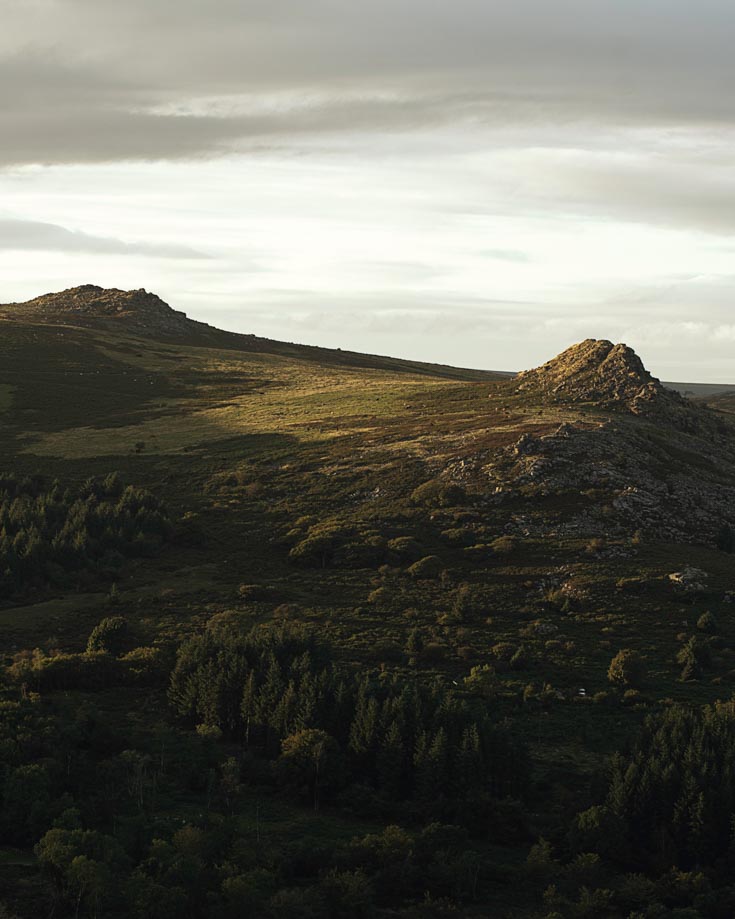
Technically there’s no law against wild camping but there are trespass laws.
Given virtually every inch of land in England, Wales & Northern Ireland is owned by someone, to park overnight needs the landowner’s permission.
To park or camp without the permission of the landowner is therefore trespassing and a civil, rather than a criminal matter.
However, if you don’t leave as soon as asked to leave, it technically becomes criminal trespass something you could be arrested for.
Some places are more sensitive than others so don’t even attempt to park on railway land, schools, army barracks and other such areas.
Is wild camping in Scotland in a motorhome legal?
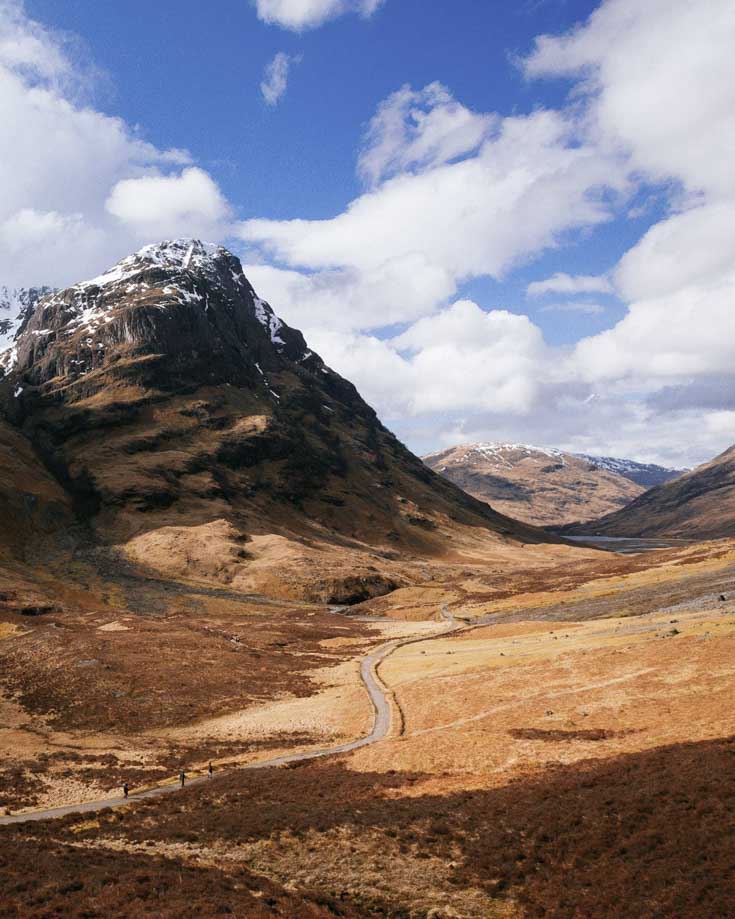
The Land Reform (Scotland) Act allows everyone access to most of the land in Scotland for recreational purposes that doesn’t breach the landowner’s right to privacy.
This makes the Scottish Highlands and the NC500 by campervan a perfect place for wild camping in the UK. However!
Contrary to popular belief, the Right to Roam in Scotland or the Land Reform Act doesn’t extend to motorised vehicles.
Technically, you can’t park anywhere and think it’s ok.
The Scottish rural areas are vast though so finding a discreet, remote place to park isn’t difficult.
Just please, be respectful of the locals, the landowners and the environment and follow our best practice guidelines below.
Laws for wild camping in Europe
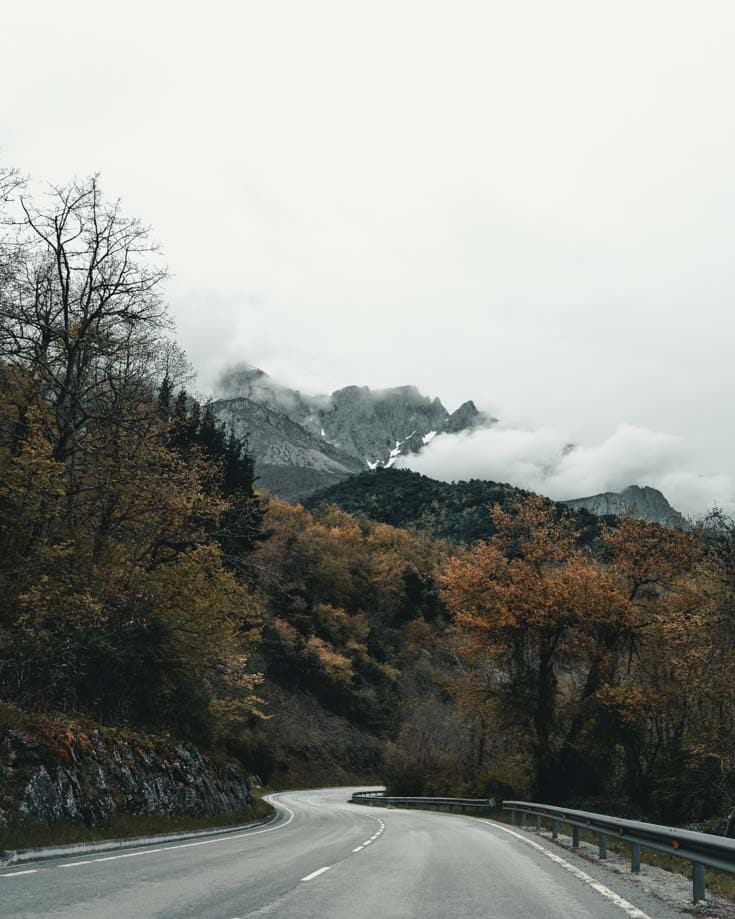
European countries are far more accommodating when it comes to campervans and motorhomes than the UK.
Free camping in Europe for campervans is possible all over the place perfect for those trying to keep van life costs under control.
And you really don’t need to look far on many European countries.
Many countries provide free designated overnight parking locations throughout the country. Some even offer facilities like fresh water supply, black and grey water disposal.
Take a look at where we camped in Spain, Portugal and the Netherlands as a few examples of free camping.
Wild camping in South America
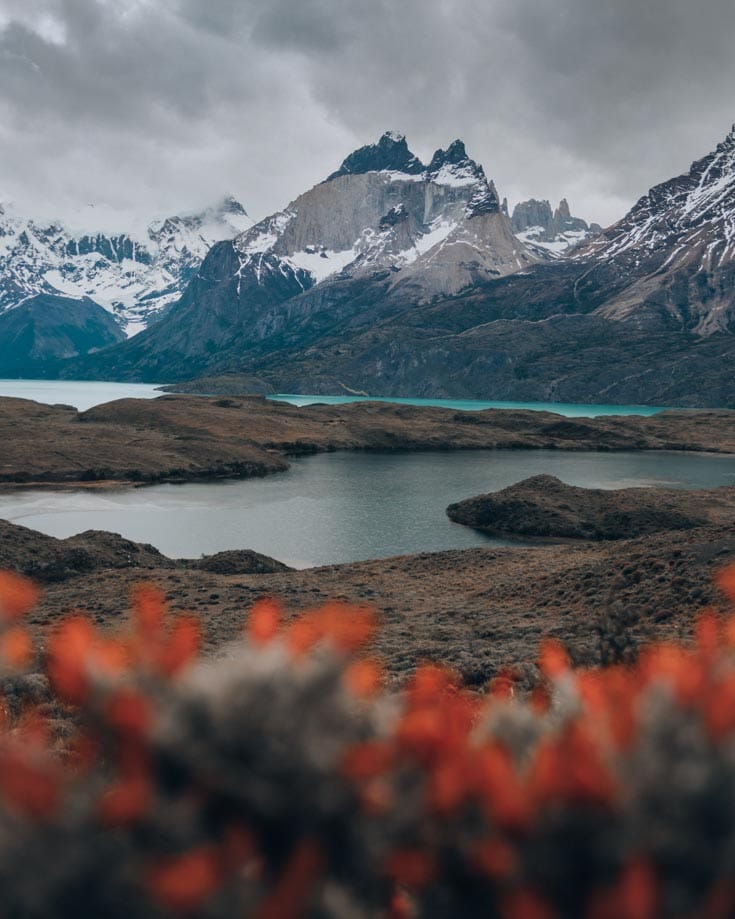
We’re in Chile part way along the Carretera Austral updating this article and have been travelling in our campervan for just over 2 years in South America at this time.
We’ve visited Brazil, Uruguay, Argentina, Chile, Paraguay and Bolivia (so far) and have wild camped in all of them.
So far, Patagonia has by far offered the most spectacular overnight parking spots. Just phenomenal!
RV boondocking in north America
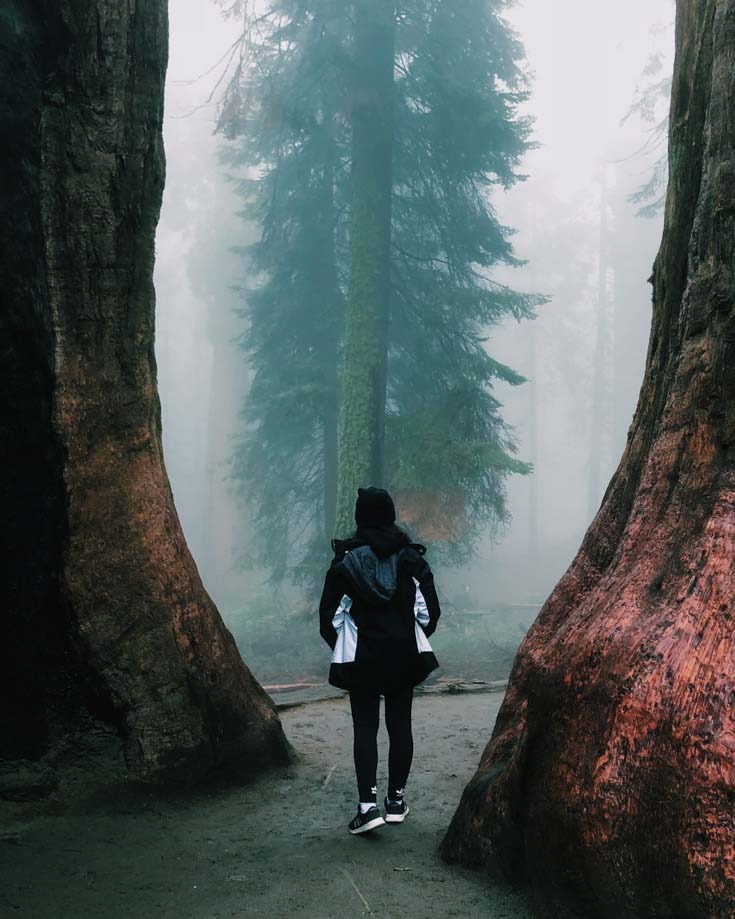
Oh did we mention boondocking is also referred to as dispersed camping in USA? Well, it is. Just in case your don’t have enough terms to choose from!
Campsites are pretty expensive in USA so free alternatives help keep the budget down while getting all the benefits of wild camping.
You an wild camp in every state in the USA in these places:
- BLM & Public Lands | Mostly on the west coast, there’s no limitations on when you can camp on BLM. Check their official website for locations.
- National Forests | Rules are specific to each National Park so check before you travel to make sure you arrive prepared to adhere to the rules.
- State Forests | Again the rules vary from state to state. You may need to buy a (low cost) permit to camp in some state forests.
- National Parks | Free overnight parking is allowed at some National Parks for pass holders. Check with the official website before you travel to find out the situation.
- Walmart’s Parking lots | We know it sounds naff and in our opinion, it is. But they do serve a purpose. If in town to resupply or on long drives, Walmart parking lots provide an ideal overnight parking spot. It’s not uncommon to see several campervans boondocking in the parking lots – just check inside the store first.
Getting your off grid camper van ready
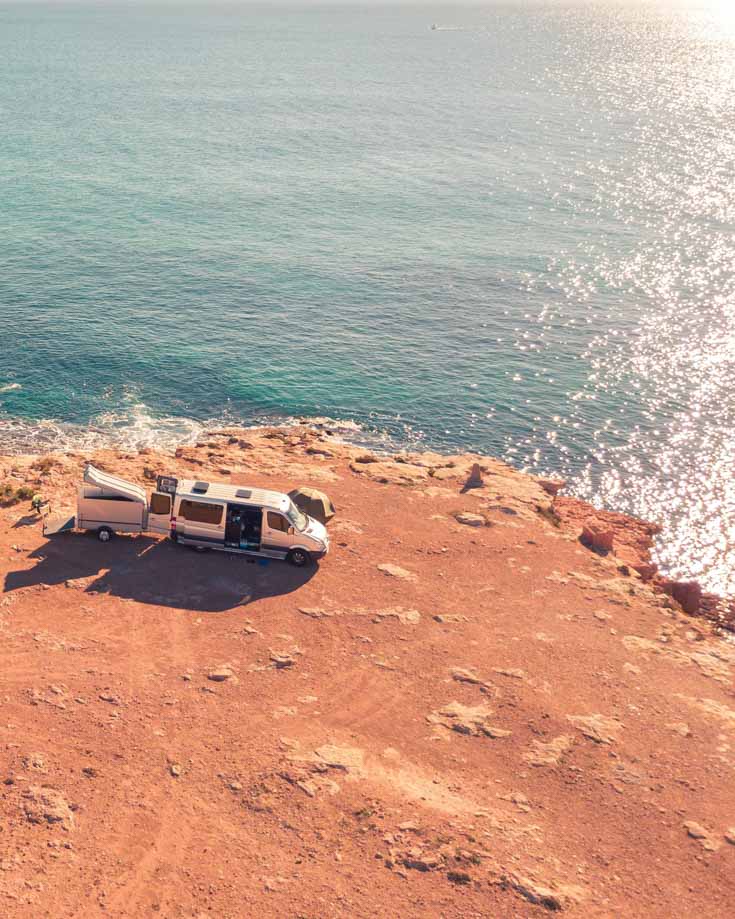
Wild camping can be as basic or luxurious as you want to make it.
When we converted our Sprinter van, our aim was to be able to live off grid for as long as possible when we wanted.
When starting a camper van conversion or considering buying a camper and intend to wild camp, there’s a few things to consider.
Your off grid camper van doesn’t need everything on this list but without any of them, you need to accept alternatives or learn to do without.
Campervan water system
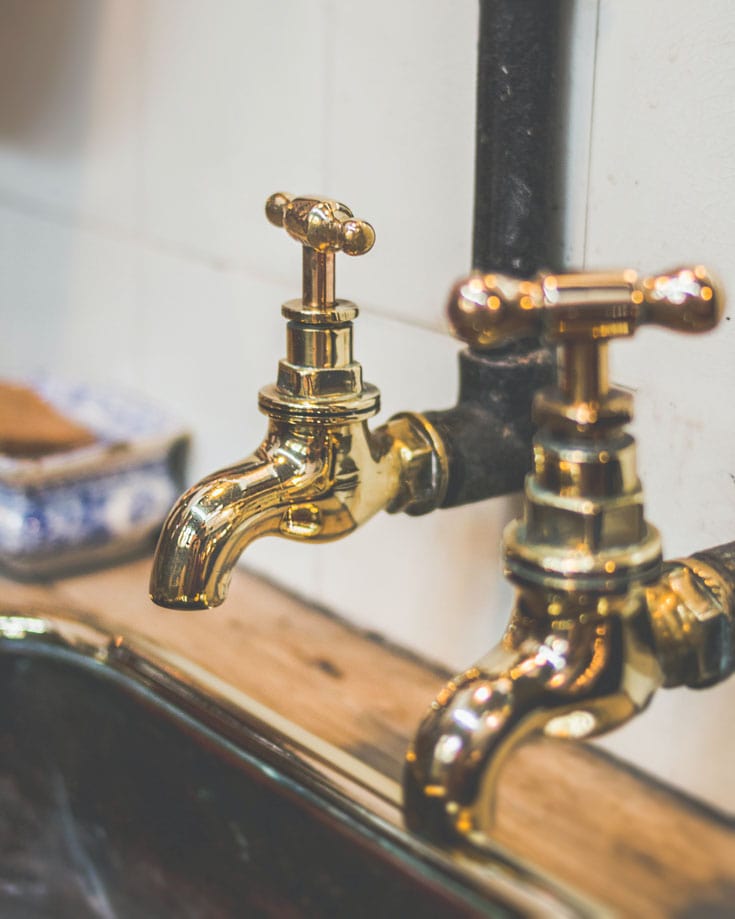
Regardless of how long you plan to live off grid before returning to civilisation, you’re going to need a campervan water system.
We need to store and carry a supply of freshwater and provide a pressurised flow to the taps.
And you might even want to indulge in heating a little water for an occasional shower.
We need to drink at least 2 litres of water a day in temperate climates to avoid dehydration.
In hot climates and high humidity, we need a lot more.
For example, we spent 3 months travelling in Brazil in our van and drank over 3 litres of water every day.
Then you might like an occasional camper shower.
Include water for cooking, cleaning house and laundry and you could consume 50 litres a day.
If your campervan toilet uses water, you’ll need to add some more to the calculation too.
Consider how much water you’ll use each day and how many days supply you need when sizing your water system.
When we calculated how much water to carry in the Sprinter van, we assumed we’d use an average of 25 litres per day and carry enough water to only need to refill once every 5 days.
We decided on 125 litres but by the time we’d sourced the campervan water tanks, we ended up with 170 litres, including 20 litres of hot water.
Grey water disposal

Disposing of used, grey water responsibly is important, even more so when wild camping and living off grid.
A fitted grey water tank allows you to take grey water away with you when you leave.
Even so, consider its size and how many days waste it can hold before it becomes full.
If you need to dispose of grey water and there’s no available facilities, please dispose of it responsibly.
Empty the tank into another container, straining out any food waste or other debris.
Dispose of the food and debris in your waste bin.
Empty the water more than 100 metres away from any water sources. Scatter the water rather than pouring, so it doesn’t pool or stream.
Campervan toilets
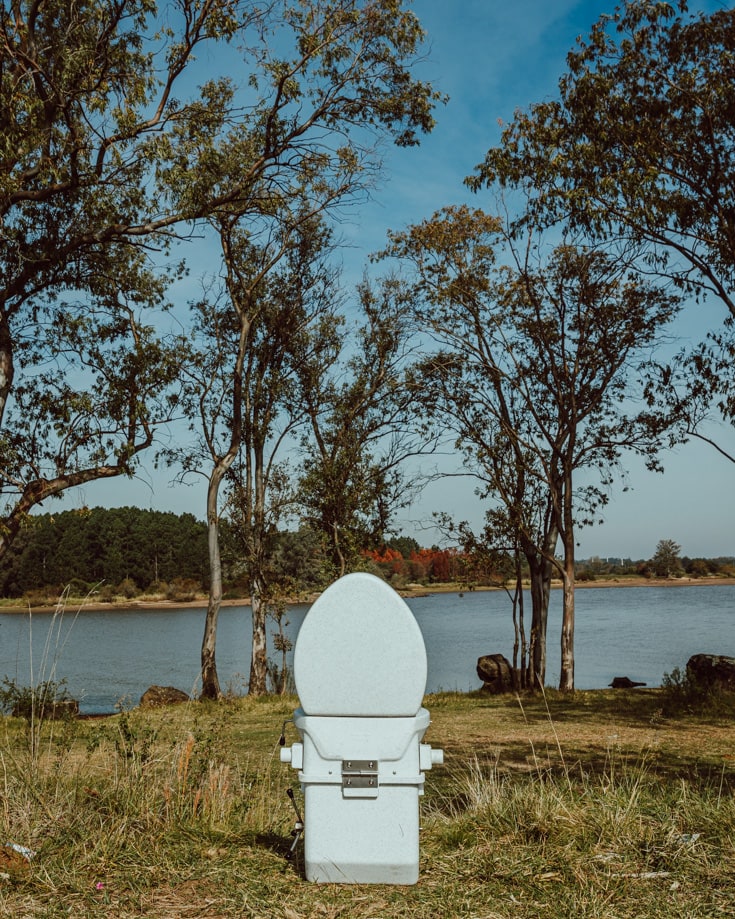
When you’ve gotta go, you’ve gotta go but not every off grid camper van needs an onboard toilet.
There’s many campervan toilet options available for conversions.
For off grid camping, some options are better than other.
We have a composting toilet so we only need to dispose of solid waste monthly when it’s used full-time.
It would be highly irresponsible to empty a portable camping toilet off grid unless there’s designated facilities (which there probably won’t be).
The chemicals used in the cassette toilets are harmful to the environment and completely against the leave no trace philosophy.
If you prefer to do as bears do and poop in the woods, make sure you learn how to do so responsibly.
- Dig a hole at least 6 inches or 15 centimetres deep more than 100 metres away from any water source.
- Do your business and bury the waste afterwards.
- Do not bury the toilet paper. Instead, take it away with you in a paper bag.
Electricity & wild camping
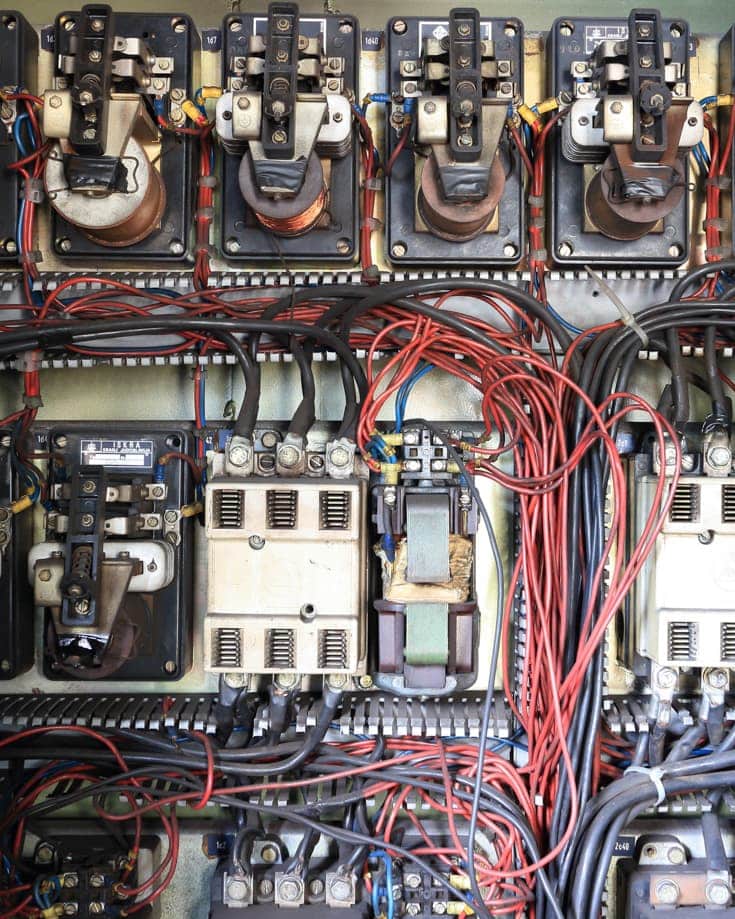
Electricity isn’t essential for wild camping.
You can easily spend a few days living off grid without charging devices or running lights or a fridge.
Having an electricity supply makes wild camping for motorhomes more comfy.
You can run a water pump for washing dishes and showering, keep your fresh produce and beer cold in a fridge and charge your electronic devices.
We’ve written a complete guide to campervan electrics where we go through everything you need know when planning your DIY conversion.
You can even get our detailed camper van electrical design and wiring diagrams here.
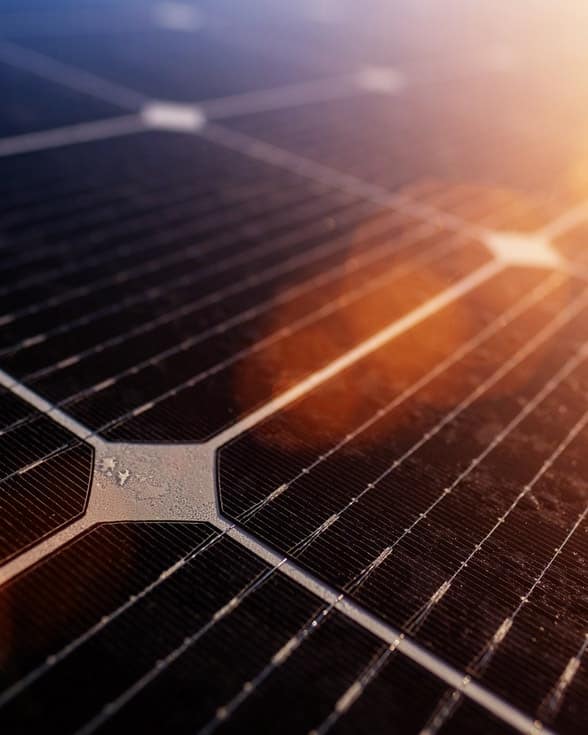
There’s 2 important aspects of your electrical system for boondocking:
- Charging campervan batteries without hookup
- Using 12v appliances instead of 240v or 110v AC ones
The best way to keep your batteries charged is to install camper solar panels.
You can get everything you need to know about campervan solar system in this one post.
Some van dwellers use diesel or gas generators but they’re loud (well louder than no generator) and not environmentally friendly, so we’re not big fans of them.
Solar generators don’t really charge the battery bank – they’re more like an all-in-one electrical system using solar to charge.
Climate control in your off grid camper van
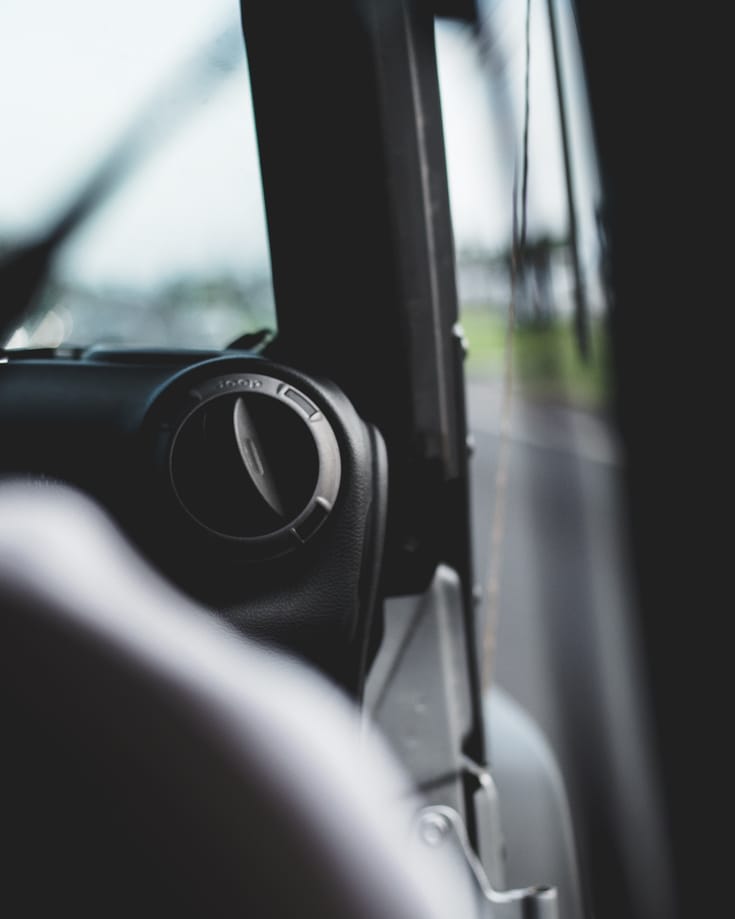
For your comfort, you need to keep warm or cool in your camper van, depending on the climate.
Forget any ideas of running power hungry air conditioning units when wild camping though. The batteries simply won’t cope.
Instead, a well ventilated campervan will provide a constant supply of fresh air, circulating stale warm air out and replacing it with fresh clean air.
Campervan ventilation is critical to getting this right, as well as avoiding condensation.
A good quality roof vent gives the best method of ventilation with minimal battery drain too.
The campervan insulation is important part of the climate control of your van too.
Consider the insulation of the camper van at the build stage – you’ll can only get this right once!
Campervan heaters will help you keep warm too.
Diesel heaters use slightly more electricity than propane heaters so bear this in mind when choosing from campervan heating options.
Off grid cooking
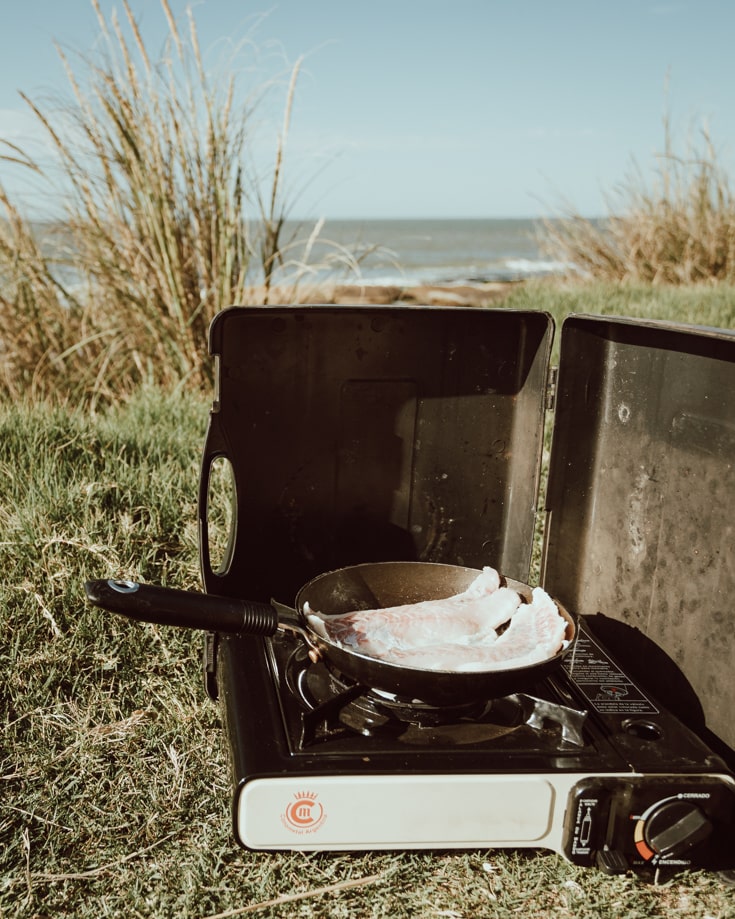
Having the ability to cook inside your van makes life more comfortable in wet conditions.
Think about the type of fuel you need to cook and how readily available it is.
We run a diesel cooker in our van. Getting fuel is easy, we have a 60 litre tank to run our cooker and heater and it lasts weeks if not months, depending on how cold the weather is.
Propane cookers are also popular though in some places like South America, it can be a challenge to get refills or replacement bottles.
A well equipped campervan kitchen makes off grid cooking much easier.
Cooking on a bbq and over the campfire (when it’s safe to do so), is an ideal way of conserving cooking fuel and helps reduce odours and water vapour in the van too.
Staying online off grid

Going wild camping or boondocking generally results in little to no cell phone signals.
This tends to be because the wild camping spots are in remote locations, far away from any network masts.
Our advice is to embrace it.
If you really can’t do without a mobile phone signal or internet connection, choose your dry camping location so it’s not too far from a town to improve your chances of picking up a nearby signal.
You can buy cell phone signal boosters to improve any nearby signal. A good one is an expensive pieces of kit though and will only work if there’s a signal nearby.
Trash disposal – dealing with your rubbish
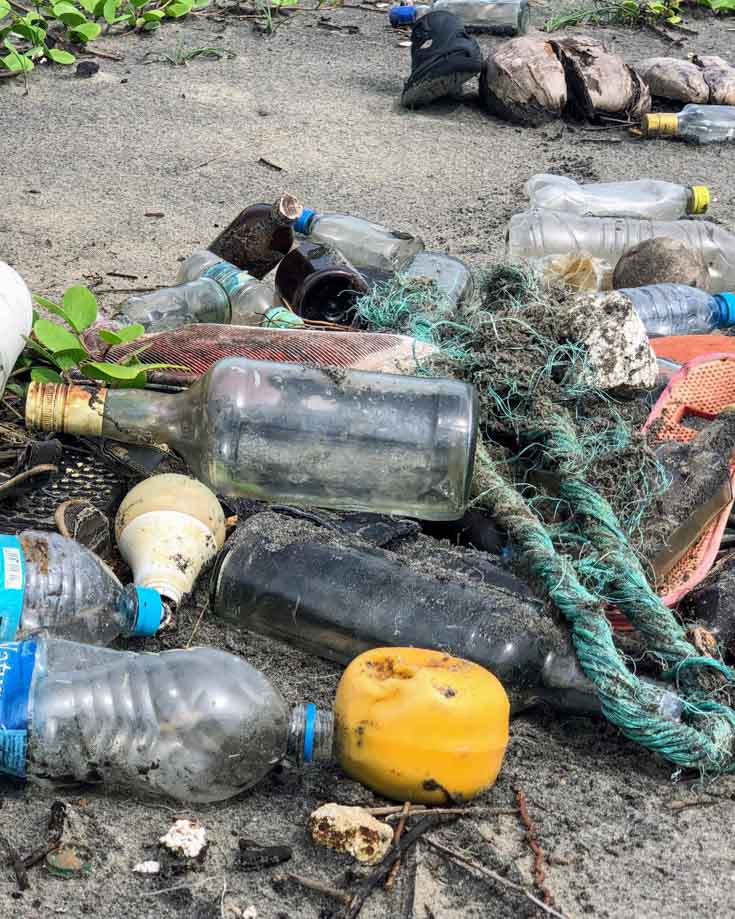
Don’t expect conveniently place bins anywhere near a wild camp or boondocking spot.
The whole point is about getting away from populated areas – areas where bins would be redundant.
Never leave your campsite rubbish bags out. Not only does it look untidy but you will attract the local wildlife.
We made a mistake once of leaving rubbish burning in a lidded barbecue overnight, near a village in Senegal, Africa.
Watch the video to see what happened.
So what do we do with our waste when wild camping in motorhomes and campervans?
The first rule is to leave no trace. So what ever you bring with you, needs to leave with you too.
Minimise the amount of waste you generate by avoiding produce with packaging.
Buy supplies a local markets, bring reusable shopping bags and try to only buy what you need.
We use sealable containers to store food waste. This will prevent nasty odours filling the van or attracting local wildlife.
Dry waste like cardboard is stored in a separate container.
The waste bins get emptied when we find suitable bins to ditch them in.
Before you go | Wild camping checklist
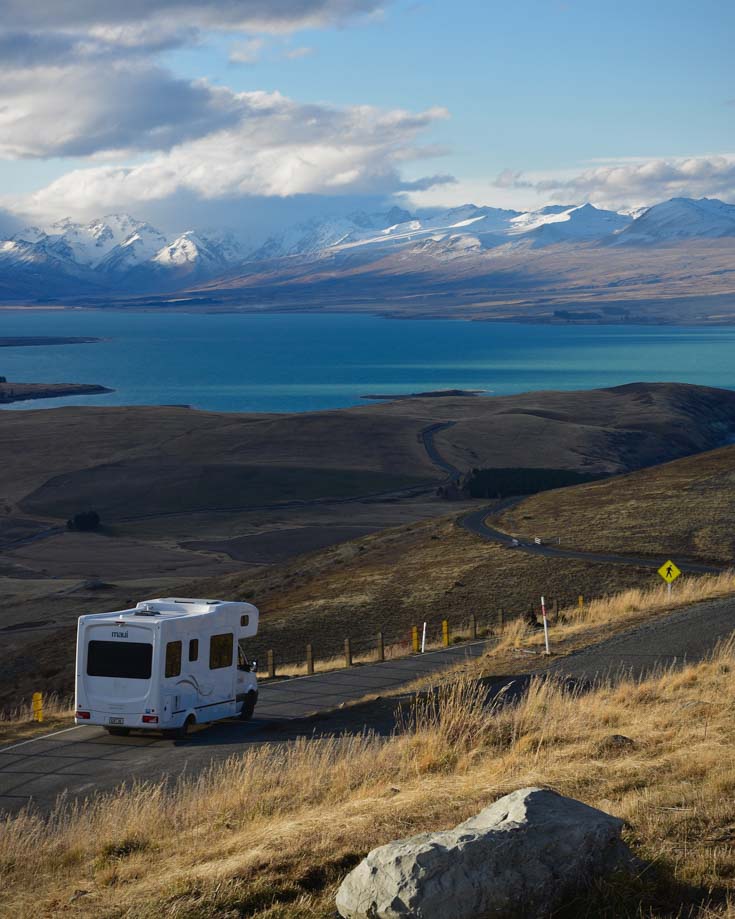
Before leaving home or, if you live in a van full time like us, before your head out of town, make sure you check each of these items.
- Fresh water tank topped up
- Empty grey water tank
- Toilet empty and clean
- Sufficient supplies of toilet materials if necessary, chemicals or coco coir
- Deep cycle batteries fully charged
- All battery operated devices fully charged
- Solar panels working correctly
- Top up cooking and heating fuel
- Buy supplies – food, drink etc
- Data on mobile phones (if you need it)
- Check the van’s fluid levels on your van – oil, transmission, coolant and windscreen wash
- Test all brake lights, signals and headlights are working
- Check everything is strapped down properly
What to pack for wild camping in a motorhome

Unless you’re brand new to travelling in a van, you probably already have all the campervan accessories you need for wild camping.
Just as a reminder though, here’s a list of a few things to make sure you’ve packed before you set out to your boondocking location.
- Maps
- Shovel
- Toilet paper
- Nappy sacks for soiled toilet paper
- First aid kit
- Steripen Lifestraw
- Biodegradable soap
- Torch
- Pressure cooker
Check out our definitive van life essential packing list with free printable checklist too.
Boondocking safety tips
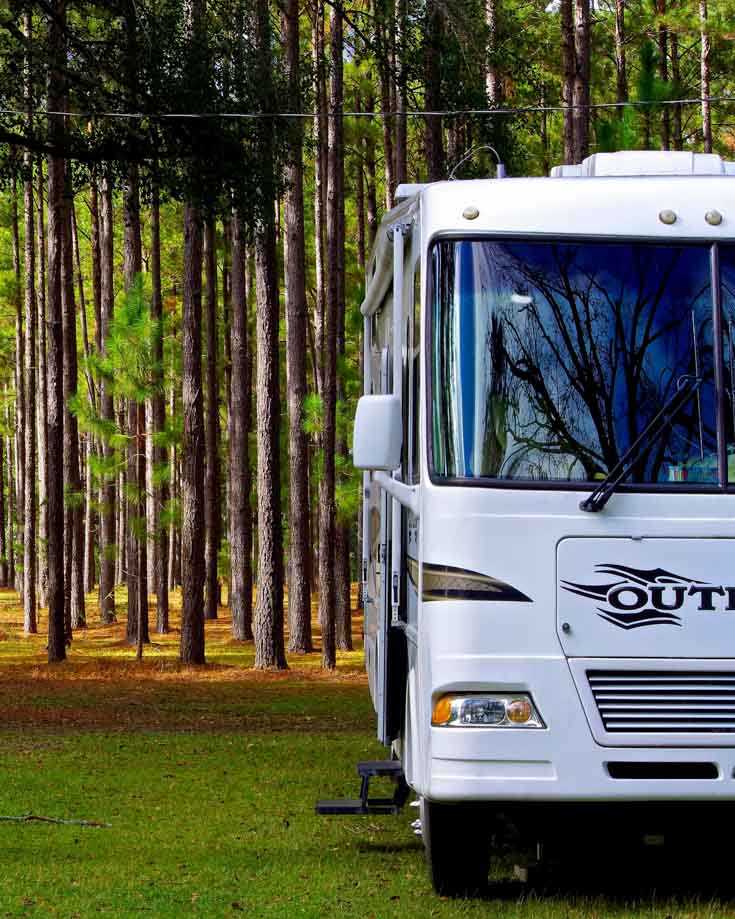
The first time you boondock in your camper van you probably won’t feel comfortable.
Something feels a little off when you don’t have the permission granted at campsites.
We felt the same the first time too. But now, we only use campsites as a last resort and preferring free wild camping.
Here’s a few safety tips to help get you started in wild camping and boondocking for motorhomes:
- The first time you go wild camping in your motorhome, try to go as part of a group – it’ll improve your confidence and you can see how other seasoned boondockers go about it
- Tell people where you are and how long you expect to stay there.
- Learn how to scout for a good location – avoid driving down unknown roads without being sure your vehicle can manage it and you can back out too. Getting out to walk a route first is the way to go.
- If it feels safe, it probably is. If you’re unsure, move on. Always trust your instincts.
- Boondocking in remote locations often means no mobile phone signal or nearby help. Learn how to handle your vehicle correctly and what to do if you get stuck.
- Carry a toolkit for emergencies and know how to use its contents.
- Same goes for a first aid kit – make sure it’s well stocked and you know how and when to use the contents.
- If parking in cities and urban areas, try to get recommendations for other travellers about the neighbourhood first so you can avoid thief & burglar hotspots. The iOverlander app is a great source of information.
- If concerned about your valuables when you leave your camper van, install a safe. Just make sure it’s screwed to the vehicle as it’s probably small enough to be portable – at least to a would-be thief.
- Alway find your overnight parking spot well before dark and have enough time to find somewhere else if your first option doesn’t work out. It happens more often than you might think.
- Don’t expect every spot to be idyllic! Some are just ok, some functional – just.
Useful apps for wild camping for motorhomes
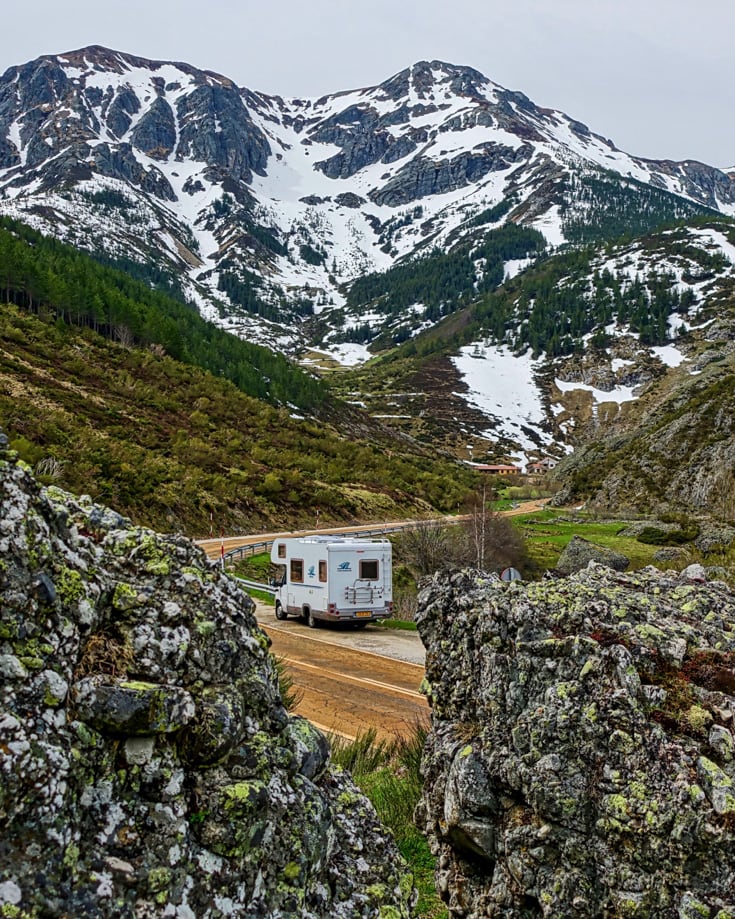
iOverlander | Our go to app for finding places to park overnight and much much more. And follow our guide so you can use iOverlander offline too.
Park4Night | A pared down version iOverlander, for European locations. Users need to upgrade to the paid Pro version to use it offline. It has lots of free overnight spots to choose from.
Campercontact | Also Europe focused, Campercontact has more paid campsites than free overnight wild spots.
Brit Stops | The UK is naff for free wild camping locations. Well it was until this book (yes – a book not an app) came out listing hundreds of farm shops, country pubs, vineyards, breweries and many other interesting venues right across the UK.
Maps.me| Our go to GPS navigation app. Just make sure to download all the maps fro where you are travelling to and through before you go.
Tips & tricks for wild camping responsibly
When boondocking, you generally want to make your supplies, water and fuel last as long as possible.
Here’s how to conserve supplies and a few tips on wild camping in your motorhome or camper van responsibly.
Conserving water

- Reduce water needed for showering by using a trigger style shower head. You can turn it off easily so you can adopt the military approach to showering: tap on – get wet, tap off – soap up, tap on – quick rinse – tap off.
- One pot cooking will help reduce the amount of washing up water needed
- Try to avoid boiling food with water and if you do, consider how you can reuse the wasted hot water (maybe to get started on the washing up)
- Invest in a water filter or Lifesaver steripen so you can use water for drinking from some lakes and rivers
Save fuel on heating
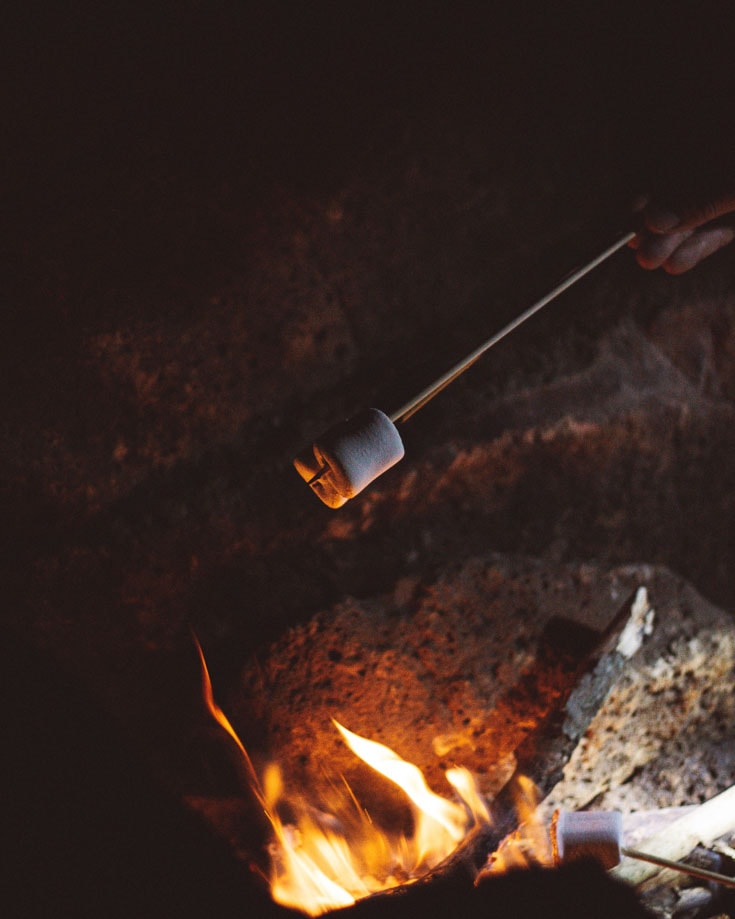
- Pack layers so you don’t need to put the heating on so high or at all.
- Carry extra blankets for your bed and to wrap around you when sitting by the campfire.
- In areas where there is no fire hazard or risk of bush fires, use a shovel to retrieve some glowing embers from the campfire and place them under your camp chair (outdoors of course). You’re welcome!
Conserving fuel on cooking
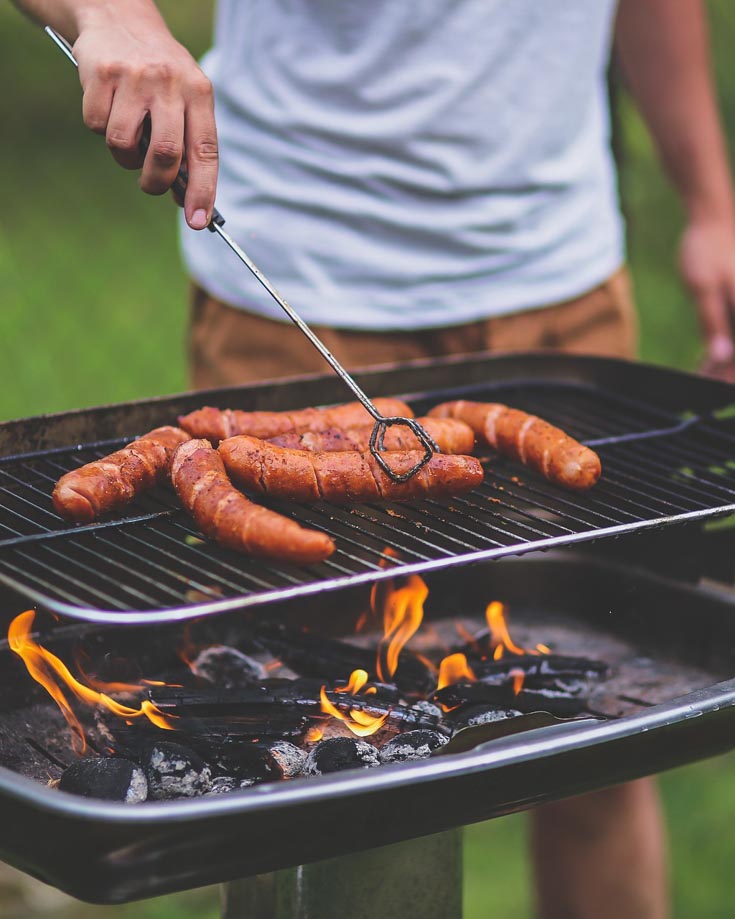
- Have a list of one pot recipes and the ingredients.
- Cook outdoors on the campfire where safe and possible to do so.
- Get some salad recipes.
- Invest in a pressure cooker!
Be aware of your surroundings
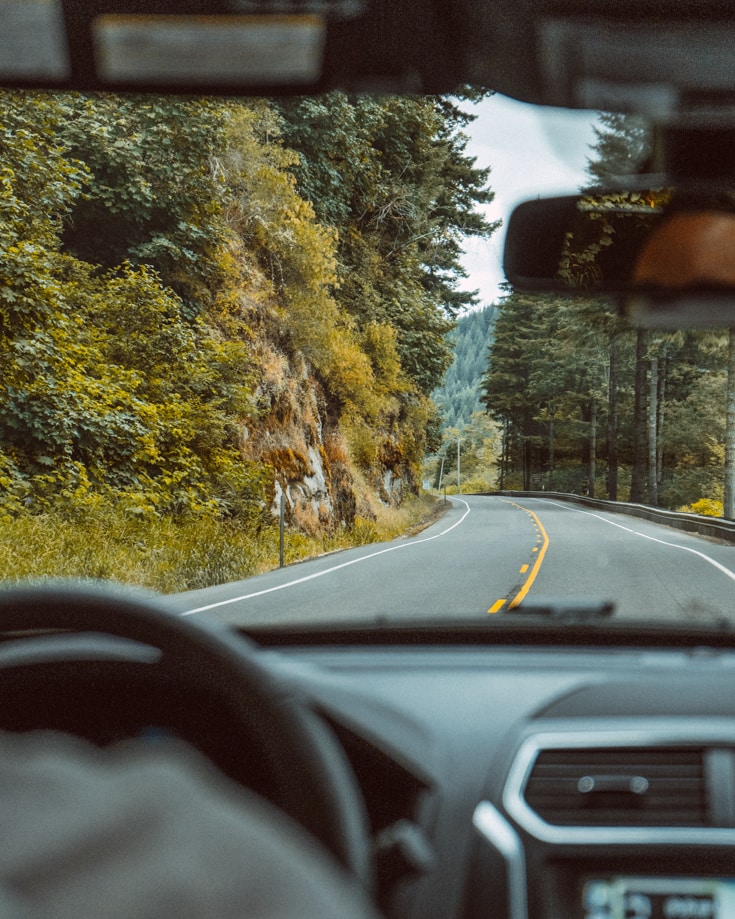
Think of the condition of the land and the impending weather. You don’t want to get stuck or leave large tyre tracks across a water logged field after a night of heavy rain.
When parked up on a remote track, make sure to leave enough space for other vehicles to get by.
In Bosnia, we had a convoy of tractors driven by very drunk farmers pass harmlessly by, in the early hours of the morning.
If we’d been nearer the track, they wouldn’t have easily passed. This is particularly relevant if you’re camping in convoy with other vehicles.
If there are several vehicles wild camping together, ensure you maintain a 5 metre distance between each vehicle as a fire break.
An accident in one vehicle should not lead to all vehicles becoming damaged.
Keep a low profile
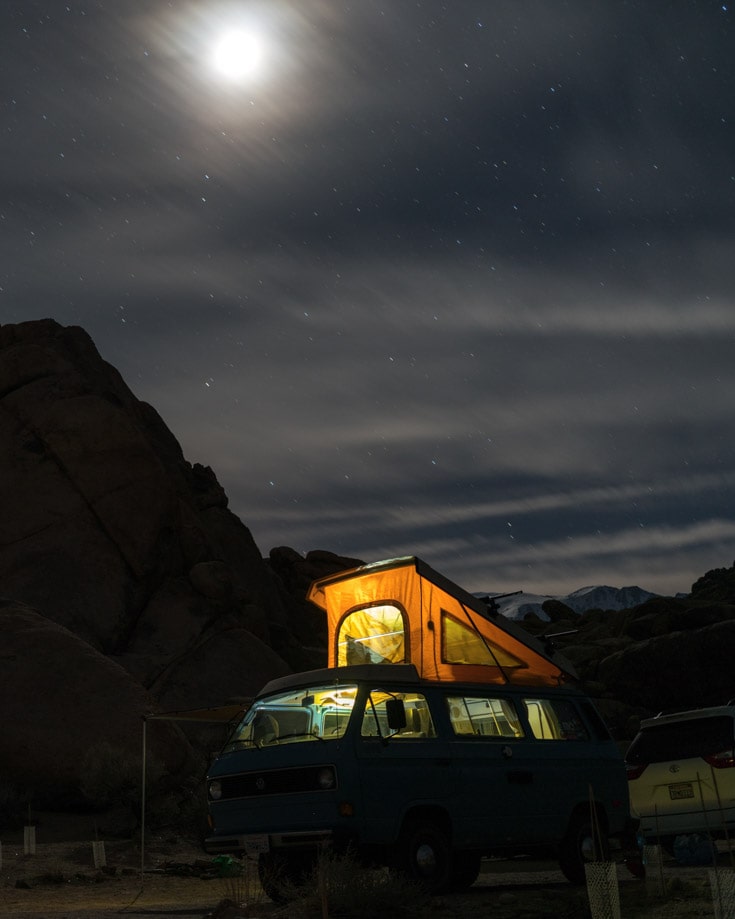
This is particularly relevant if you’re not sure you have the right to be there.
There’s nothing more certain to attract attention than being sat on your deckchairs around a dining table, your washing hanging out and awning at full stretch.
Loud music playing and bright lights shining won’t help you there either.
If it looks like your wild camp is becoming a bit more permanent, you’re more likely to be asked to move on. Make a judgement call on your situation.
Alcohol
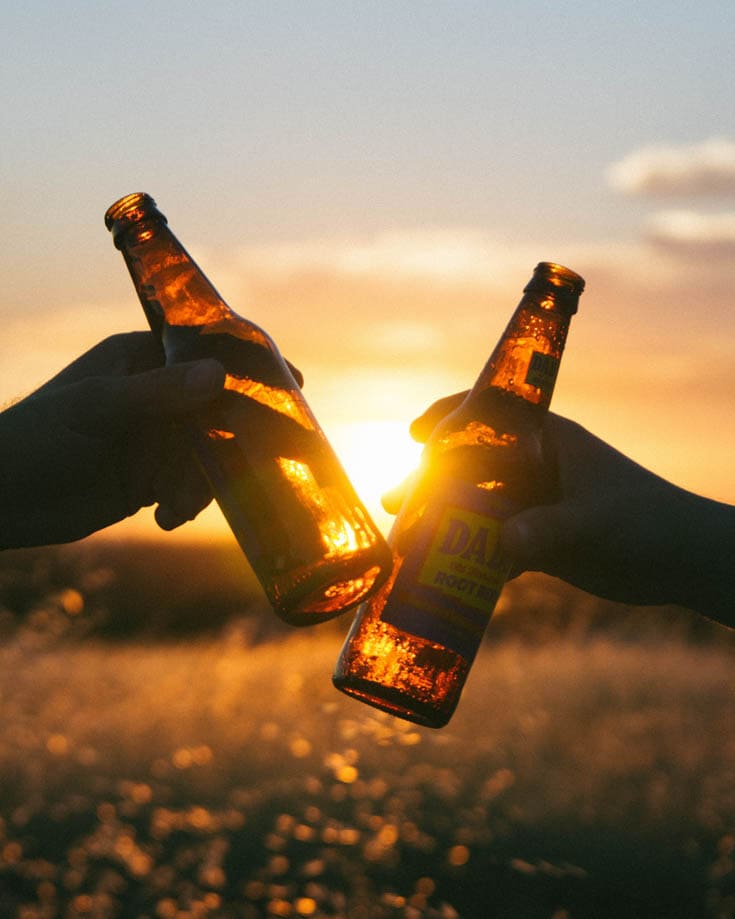
If you think there’s any risk of someone asking you to move on, make sure you have a designated driver.
In the event you’re asked to move on, being drunk will either mean you’re unable to drive or it would be illegal and dangerous.
Camp fires
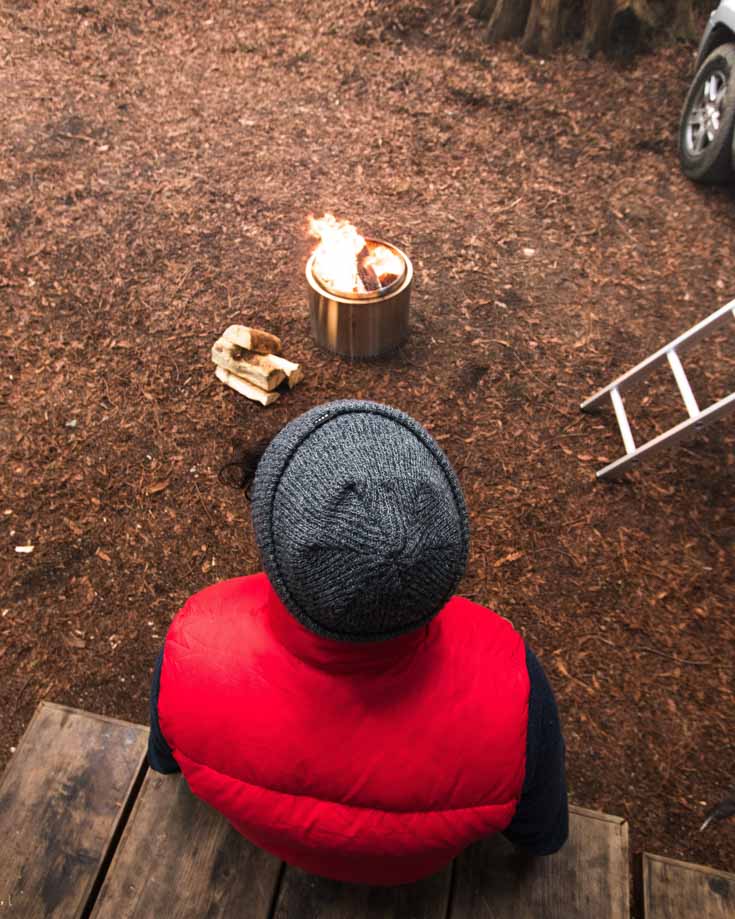
Depending on where you are, lighting a camp fire is probably not the best idea.
It could spread into a bush fire, attract unwanted attention and will certainly leave a mess.
The same can be said for a BBQ.
Don’t light one unless you have a self contained unit that sits off the floor and can be packed away full of ash.
Being moved on
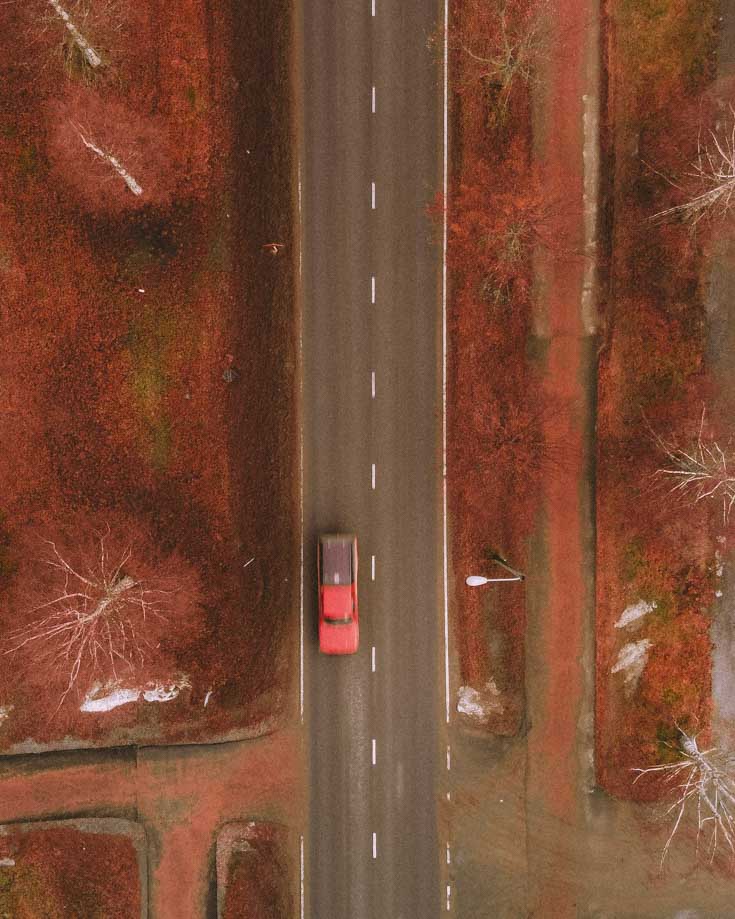
If you are asked to move on, respond graciously, apologise and ask if they can recommend another place to stay.
Hopefully it won’t be a campsite 200 km away.
In all likelihood, you’ll be pointed towards an acceptable wild camping spot nearby.
Don’t outstay your welcome and move on after a day or so. Leave your pitch early in the morning.
Wild camp responsibly
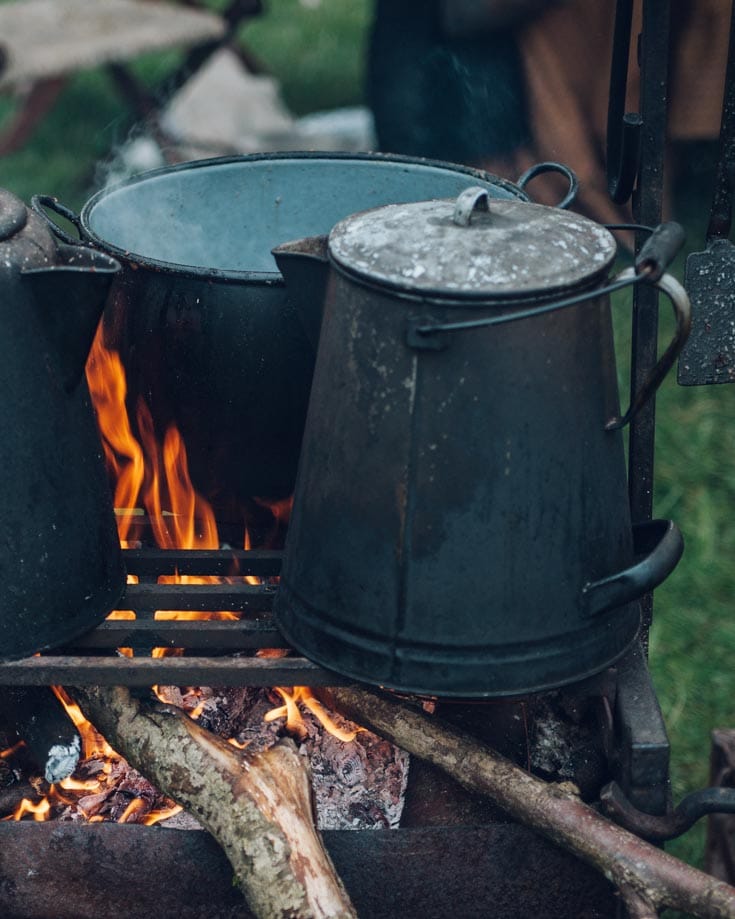
Be considerate of the local community, landowners, the environment and wildlife.
For us, wild camping for motorhomes isn’t about being thrifty and simply parking for free. We don’t want to park on someone’s street.
We wouldn’t want a campervan parked outside our own house and we wouldn’t do it to others.
Be considerate to the people who live in the neighbourhood. If in doubt, go into a campsite.
By sticking to these simple principles and applying some common sense, we can avoid causing problems for ourselves, local communities and travellers following in our footsteps.
Angela Devaney
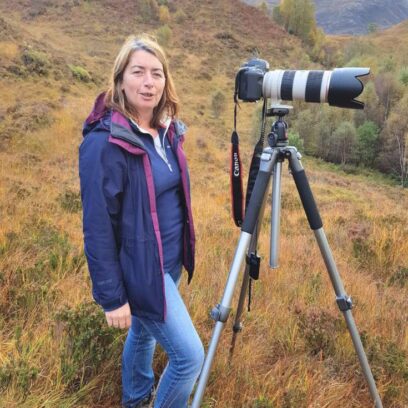
Angela Devaney, a former IT project management professional, embarked on an adventurous journey of full-time travel, which included touring West Africa in a converted overland truck and converting an ex-military 4×4 Sprinter van into a camper for a five-year South American expedition. She now utilizes her hands-on experience to create practical RV living and van life advice as a full-time digital media producer, reaching over a million users annually through her YouTube channel, blog, and newsletter. Angela also lends her expertise as the editor-in-chief of the Campervan Electrics Handbook.
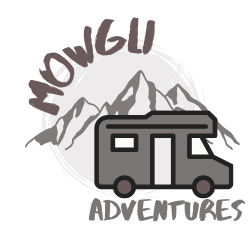
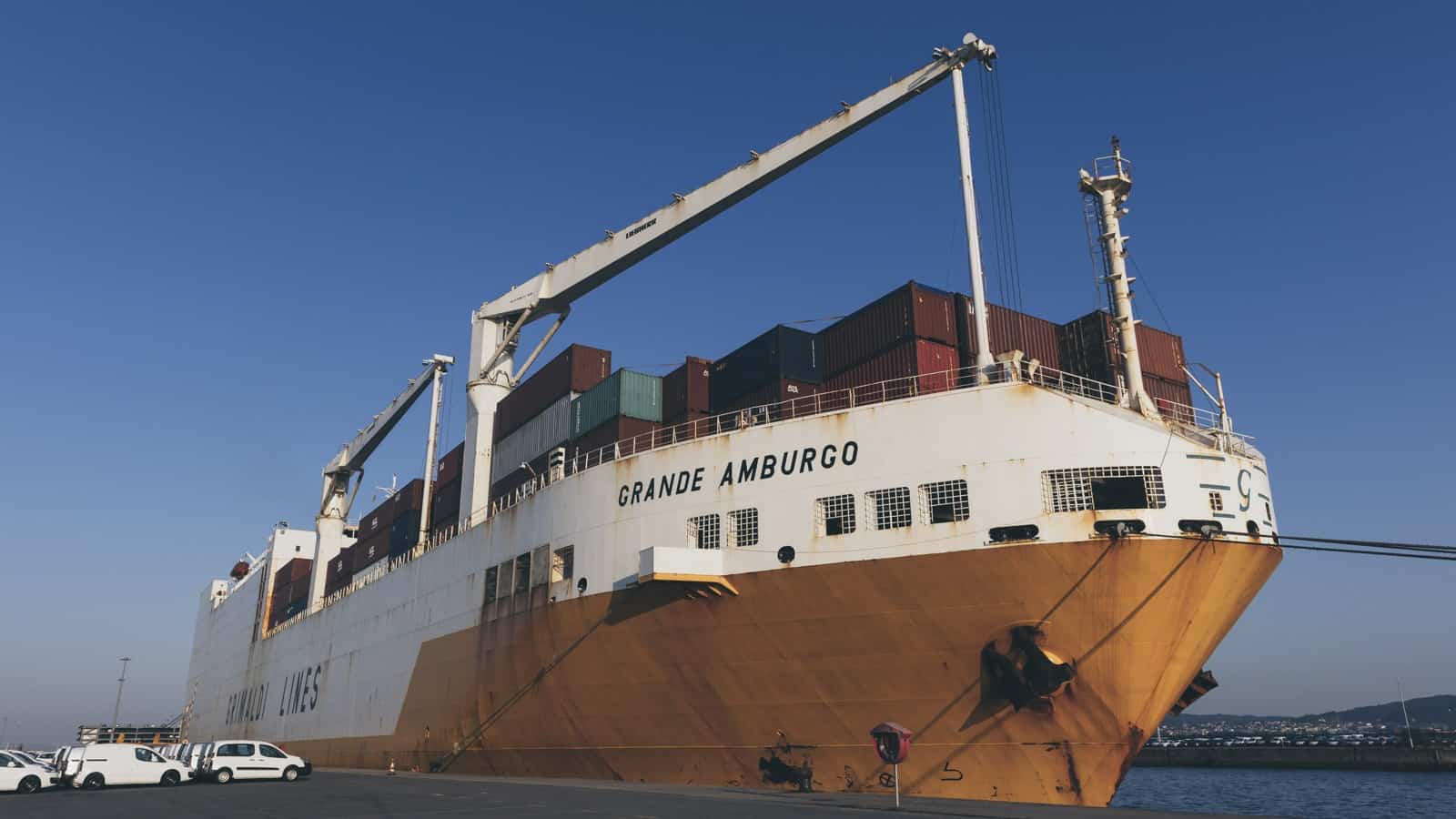
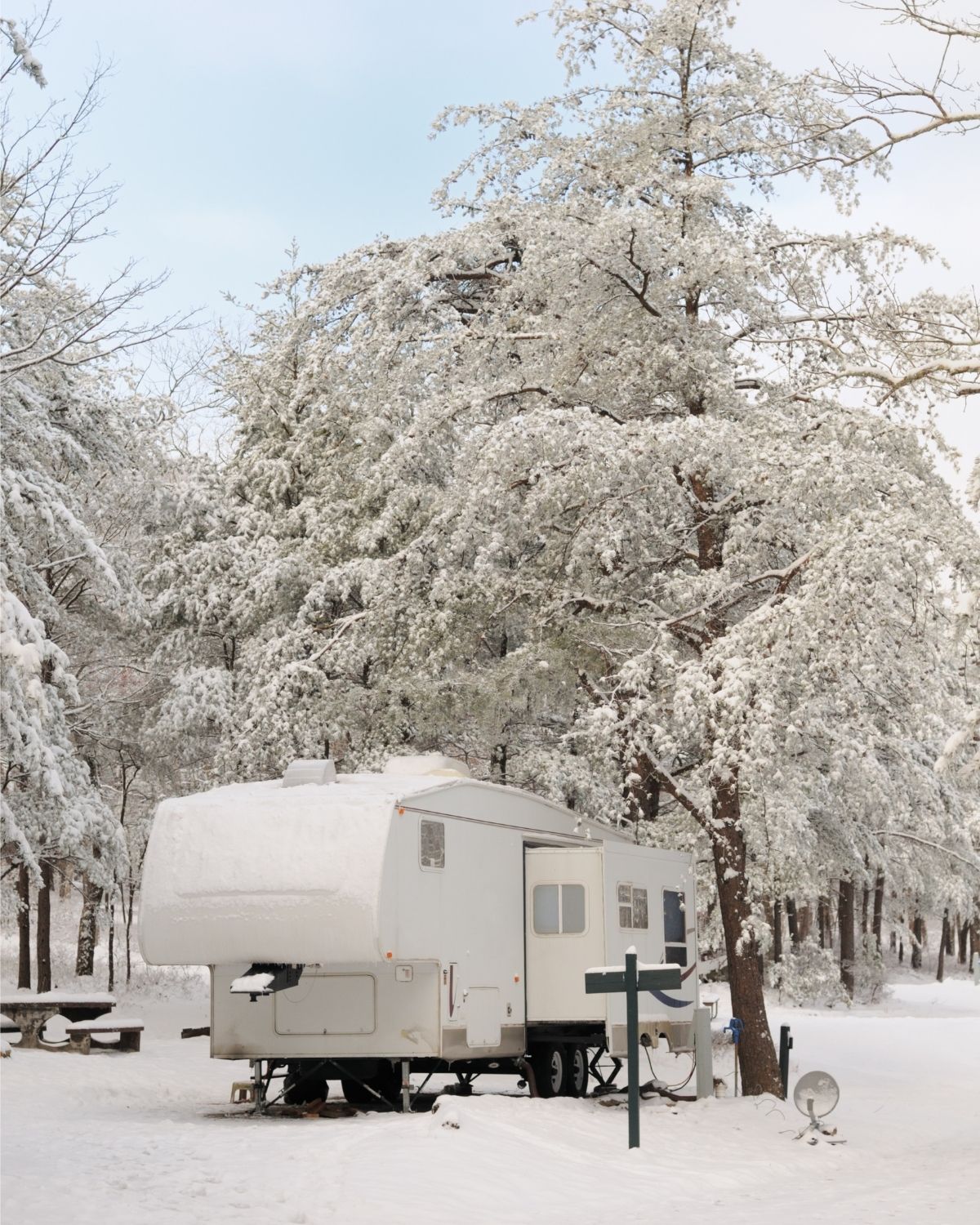
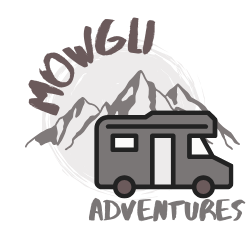
Very great, its full with information. I love this post. Its very helpful for camping in wild areas. So thank you so much for posting this type of post.